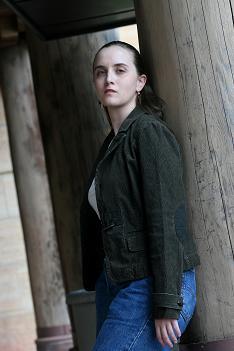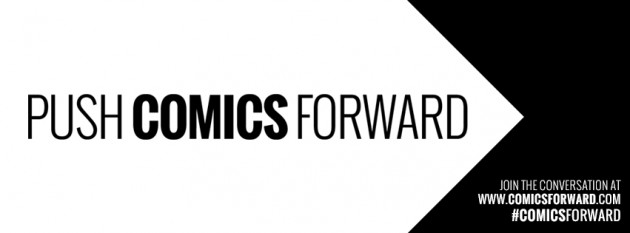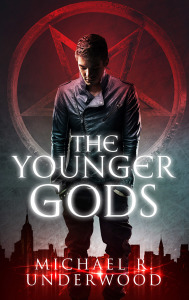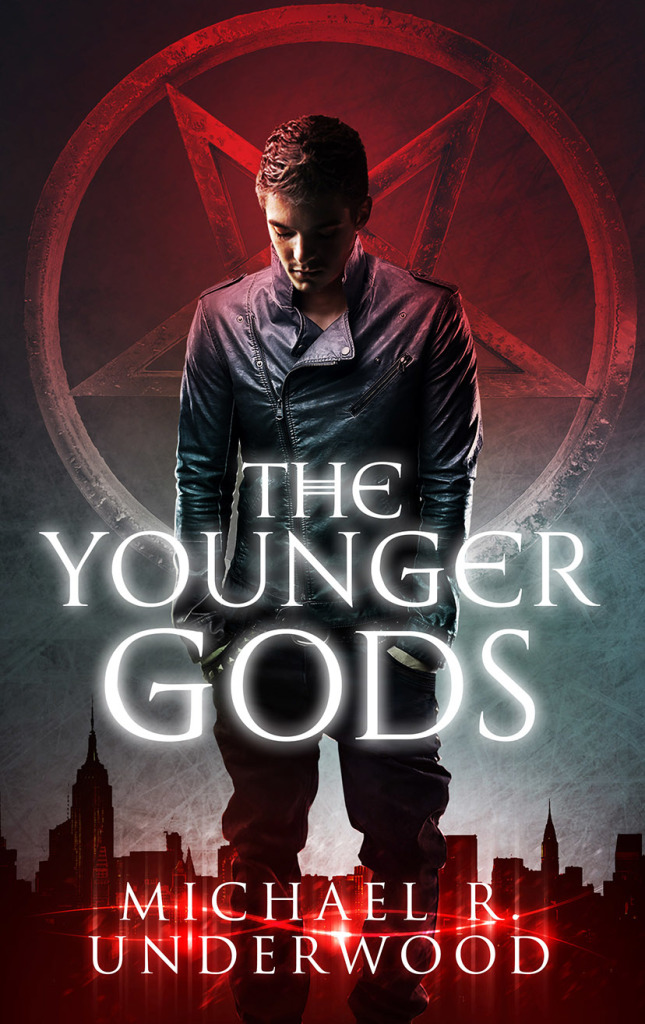Back in the day, when I was a fresh-faced n00b writer, I joined a writers group, including the Aggressively Competent Marie Brennan, about to debut with Doppelganger (now titled Warrior) from Warner-Aspect. Marie and I met through a gaming troupe, and it’s been a pleasure to watch her steady career growth, including a huge step up with her Memoirs of Lady Trent series (starting with A Natural History of Dragons, continuing with The Tropic of Serpents, both from Tor books)
Marie is a dear friend, so I was excited to catch up with her and share our conversation with you all.
First, a quick Bio for Marie:
Marie Brennan is a former academic with a background in archaeology, anthropology, and folklore, which she now puts to rather cockeyed use in writing fantasy. She lives in the San Francisco Bay Area, where she spends her time practicing piano, studying karate, and playing a variety of role-playing games.

And now, the interview!
Mike Underwood: Can you tell us real quick about your newest projects, Chains and Memory and The Tropic of Serpents?
Marie Brennan: They’re wildly different projects — which is a very good thing! I like getting a change of pace, rather than telling the same type of story over and over and over again. The Tropic of Serpents is the second in the Memoirs of Lady Trent, which is the autobiography of a pseudo-Victorian gentlewoman who travels the world studying dragons. These aren’t your magical, sentient creatures out of Tolkien; dragons in her world are wild animals — but no less wondrous for all of that.
Chains and Memory, on the other hand, is the sequel to a novel I published in 2012, Lies and Prophecy. The Wilders series are urban fantasies . . . or as I sometimes describe them, near-future alternate-history mildly-post-apocalyptic urban fantasies. Pyschic powers have become ubiquitous; the protagonists are college students studying magic and trying to deal with a sudden threat against one of their friends.
MU: Who did you have to kill to get that amazing Todd Lockwood art for the Dragons books?
MB: I could tell you . . . but then I’d have to kill you. 🙂
MU: That’s fair. Have you been in contact with Todd directly, or was he just working off of the manuscript?
MB: I’ve been fortunate enough to meet him a couple of times, usually when I’m passing through Seattle on book tour. We talk a bit, but mostly he works off the notes I send through my editor, describing the material to be included in the image.
MU: When you were writing Isabella’s adventures, did you have the older Isabella’s perspective already in place in the first draft, or did you draft through and then add the older Isabella perspective? What have you found to be the challenges and benefits of writing in this memoir-style POV?
MB: Oh, it’s there from the start. I couldn’t possibly write her narration without keeping in mind the fact that she’s an old woman talking about her youth; I’d end up ripping out 95% of the words and replacing them if I tried to start with the young version and then add in the old one post facto.
The challenge is that you always, always have to bear in mind that your narrator is consciously writing for her audience (i.e. the people in Isabella’s own world). That means there are things she won’t say, maybe because they’re obvious to her readers, maybe because they’re too personal and she’s not going to share them publicly. But since you’re writing for readers in your own world, you have to find a way to get that information in there regardless. On the other hand, the benefit is that she’s very self-reflexive; she can comment (often critically) on her own past decisions and attitudes, which invites the reader to then consider how they judge her judgment, if you follow me. And absolutely everything becomes characterization: I can get away with six straight paragraphs of Isabella describing the Green Hell (the jungle where she spends much of her time in The Tropic of Serpents) because it isn’t just description; it’s also character.
MU: The Wilders books (Lies and Prophecy and Chains of Memory) and are projects you’ve had in mind for a long time. How has your perspective on the story and the characters changed since you first imagined the story?
MB: In a way, having more than a decade to mull over the story has been a good thing. I came up with the first, early ideas for it not long after I finished the original draft of Lies and Prophecy, nigh on fifteen years ago, but those ideas were just seeds. They took root in my brain and have been growing ever since — and in fact, thinking through Chains and Memory ended up feeding back into the first book as I revised and eventually published it. There are elements of Lies and Prophecy that are there because I thought, okay, if I want to make X be a big issue in the sequel, I need to establish its existence from the start. And oh, huh, if I’m going to be dealing with Y, that would probably change the way these other things get presented early on.
I wouldn’t recommend this process for every series. You have to be really passionate about a story to still care about it and want to write it a decade later. But in the case of the Wilders books, it helped make the whole thing so much richer.
MU: Can you talk about one element from the books that especially benefited from the gestation, without getting too spoiler-y? Are they questions of character, setting, plot?
MB: The biggest example is sort of half-character, half-setting. I originally wrote Lies and Prophecy as a stand-alone book — less because I thought the story itself ended there, more because after that, it didn’t seem like it was the story of my protagonists anymore. It would be in the hands of other characters. But a year or two after finishing the first draft, I realized that the nebulous shreds of additional story floating around my head all had a common element, and that was the wilders: the people born with extraordinarily strong psychic gifts, rather than developing them at puberty.
Julian, one of the two main protagonists, is a wilder, and so I’d thrown bits and pieces of background about that into the first draft of the book. As I started thinking through how I would continue the story in Chains and Memory, he grew immensely as a character, because I had to take those bits and pieces and flesh them out: think through their underpinnings and their effects and what those would mean not just for him, but for all the people like him. So that entire component of the world became 400% richer, and so did he — and by extension Kim, because of her relationship with him.
MU: Very cool. It’s fun to dig back and re-approach works after a long time – I’m so glad that you’ve been able to get the Wilders projects out, since they’ve been with you for so long.
You started with adventure fantasy, then moved on to historical fantasy, and now you’re writing contemporary and secondary world-but-kinda-historical-ish fantasy. Does one of these styles feel the most natural for you? If not, what have you done to make each mode of fantasy fit your writing?
MB: I think historical and historical-ish feel the most natural for me right now, but I also think that’s because they’re what I’ve been doing for about seven years, from the Onyx Court books up through the Memoirs. It’s been a challenge getting back into a more contemporary voice for Chains and Memory. And there’s a short story I’m working on that might become the foundation for either a linked series of stories or maybe some novels, which would be set in a non-historical secondary world; it turns out that those gears in my head are incredibly rusty. I love the inventiveness of it, but I keep reflexively thinking “okay, so what time period and place am I going to base this on?” I have to remind myself that the answer is, none of them. I can steal bits and pieces, but I’m allowed to mix and match them and make new stuff up. You don’t realize how much of a skill that is until you don’t practice it for years!
MU: I love the Driftwood setting, and have for quite a while. Could you talk a bit about how your anthropology/folklore training has impacted the way you construct Driftwood? Also, will we ever find out what’s up with Last? (I don’t have much hope for a straight answer on this one).
MB: You’ll get bits and pieces of his story, the way you have so far — but no, I’m never going to tell you exactly what’s up with him. That would ruin the fun!
Oddly, Driftwood is the setting where I tell myself to throw the anthropology and folklore out the window. My impulse is to try and create coherent, well-knit worlds, where if I say the religion preaches that the soul remains in the body forever after death, I have to think about what the consequences of that would be for funerary practices and property law and all the rest of it. That’s the anthropology talking, trying to make the cultures believable. But Driftwood isn’t about coherence and well-knit worlds: it’s about fragmentation. So I can make up anything I like and chuck in there, because the answer to “what does this mean for property law?” is “their government has fallen apart anyway and there’s only five people left in that world, surrounded by stacks of haunted corpses”. (I just made that idea up while writing this answer, and now I want to make a story out of it.) I sometimes pull bits from things I’ve read about other cultures, but a lot of it is me cutting loose and going way out on a limb.
MU: What are you working on next, writing-wise? Is there a genre, sub-genre, or medium you’d like to work in but haven’t gotten the chance to?
MB: I have one idea for a poem. One. And god help me, it wants to be a sestina. Writing a good sestina when you don’t have any skill at poetry or any other ideas to practice on turns out to be really, really hard.
At the moment I’m drafting Chains and Memory. I’m running a Kickstarter campaign to fund it, since this is a side project of mine; I met my initial goal early on, but there are some stretch goals for which I have my fingers crossed. And then after that, it’s the fourth book of the Memoirs. Fourth out of five, which means I’m already looking ahead to what I’ll do next, even though that’s a couple of years off. I’d like to get a foothold in YA, write for both audiences; the Wilders series is alllllmost YA, but not quite — college is a bit too old for that category.
MU: Could you talk a bit about the way you relate gaming (tabletop and LARP) to writing? Do you have a specific process for adapting material to or from gaming, and if so, could you share it? If not, how has each case been different?
MB: Each case has been different. In a couple of instances I’ve directly adapted bits of plot from a game; that happened with Midnight Never Come (and to a lesser extent A Star Shall Fall), and with my novelette “False Colours.” But even in those cases, what I’ve done is taken a few plot points, then said, okay, if I’m going to make those happen, what framework can I build to hold them? And the framework itself is new invention. Usually the connection is looser, though. I have an idea for a YA series that would involve taking the background I made up for my character and making that the actual story.
The two major skills I take away from gaming are character and “narrative space” — those coming from the player and game master angles, respectively. As a player, I live very intensely in the head of a single character, which means I get to know them much better than the characters of my novels, who have to share my attention with everybody else in the book. Doing that helps me port the skills over. As a game master, I make my job easier if I lay down a foundation of material within which the story can happen: political factions, different types of conflict, etc. In a game, that means the players can run around more freely, and I can easily respond on the fly. In a novel, it gives me a whole array of tools I can choose from when I’m halfway through the book and need the protagonist to find an ally or screw something up. If you want a non-game example of the latter, look no further than the dinner party in Lois McMaster Bujold’s A Civil Campaign. She didn’t have to invent things to make that party a flaming trainwreck for the characters; she just had to take the things she already had and put them in a room together. The result was spectacular.
MU: If you could train with the greatest master ever of any martial art/weapon form ever known, who/what would it be, and why?
MB: Inigo Montoya.
Was there every any doubt? He’s the reason I studied fencing in the first place. Of course I would leap at the chance to train with him.
MU: What is your favorite RPG system so far, and what makes it your favorite?
MB: I’ve become intensely fond of Legend of the Five Rings — to the point that I’m a freelancer for the RPG line now. The setting is fantasy, but inspired by Japanese history, and it’s amazingly rich: there are many different interesting factions, a thousand years of in-world backstory, and lots of little cultural details of the sort that most RPGs don’t bother with. (How many game lines devote part of their books to talking about the customs surrounding birth, marriage, and death, and how these vary from clan to clan? How many games go off onto random deep-dives about sake brewing or poetry?) The richness of the setting can be a little intimidating for newcomers, but if you’re the sort of person who digs the immersiveness of it, it’s incredibly rewarding.
MU: Major love for L5R from me, too. What would you say is your favorite clan and favorite sourcebook, and why?
MB: Dragon Clan, all the way! I actually got into freelancing for AEG because of a sidebar in the book Imperial Histories that talks about what the Empire might have been like had a different Kami won the tournament to rule it. The sidebar says that had Togashi (the founder of the Dragon Clan) won, Rokugan would have been much more like the world of a wuxia film. I loved that idea enough to write an alternate-universe version of the setting called “The Togashi Dynasty,” which ended up being published in Imperial Histories 2. The Dragon are well-suited to mysterious, mystical kinds of stories, and those are exactly the kind of thing I dig.
But one of the main strengths of L5R is that I can totally understand why somebody might be a fan of any of the clans. They all have their selling points, and even if a given one isn’t my cup of tea, I don’t doubt that it’s somebody’s. Because of that, my favorite sourcebook (so far) is probably a toss-up between The Great Clans, which spends an entire chapter exploring each of them in detail, and Emerald Empire, which is basically the anthropology book of the setting. I think I knew I was going to love L5R when I discovered there was a whole book that had not just mechanics, but chapters on religion and law enforcement and social customs and more.
—
Be sure to check out Marie’s Kickstarter for Chains of Memory, the second of the Wilders books – it’s in the final days, and is moving forward to some excellent stretch goals.
And while you’re at it, check out one of her novels or stories via her website.





